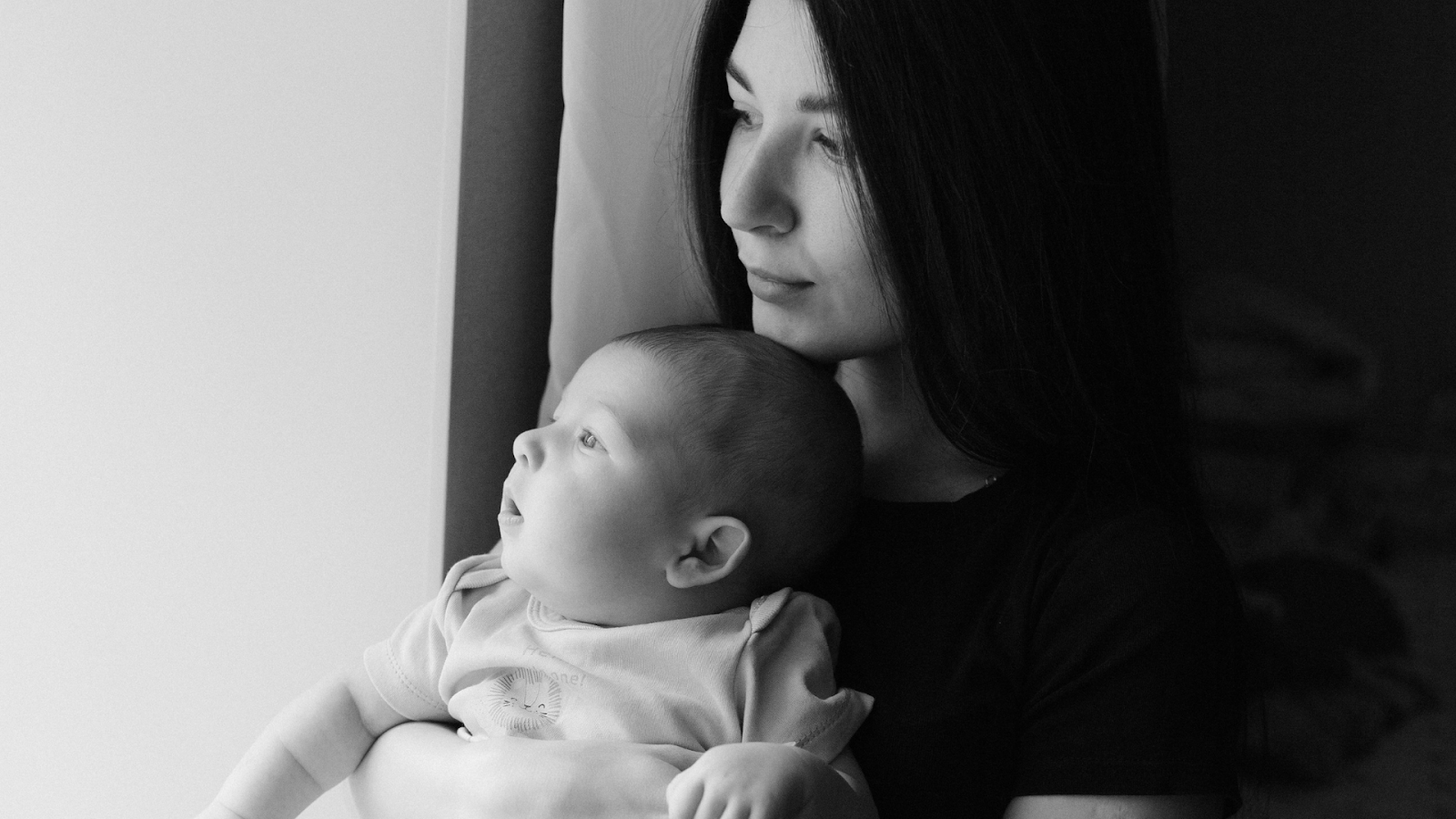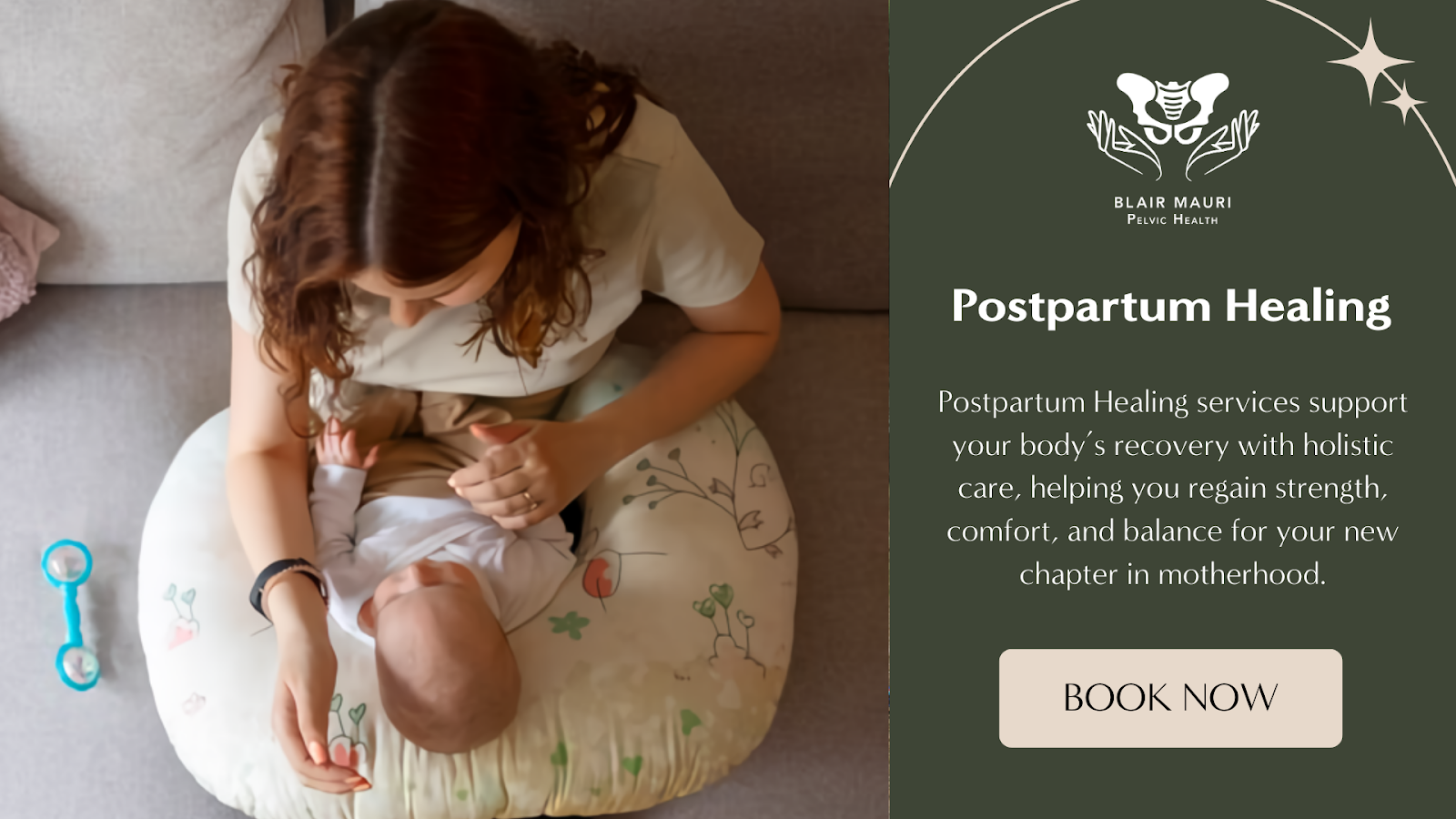C-Section Recovery In Cobble Hill: The Role Of Pelvic Floor Therapy
Key Takeaways:
Targeted Concerns: Pelvic Floor Therapy focuses on addressing issues such as urinary incontinence, pelvic pain, discomfort during intercourse, and pelvic organ prolapse.
Benefits for Postpartum Recovery: Strengthening and rehabilitating the pelvic floor muscles improves core stability, alleviates symptoms, and enhances the quality of life for new mothers, empowering them to meet the demands of motherhood.
Therapeutic Techniques: Blair Mauri provides personalized care plans designed to restore function, promote healing, and support long-term pelvic health.
Welcoming a baby into the world is a life-changing experience, but the postpartum journey often comes with its own unique challenges—especially for those who’ve had a C-section. While cesarean sections are a common and, at times, life-saving procedure, the recovery process can feel isolating, overwhelming, and even confusing. For those navigating C-section recovery in Cobble Hill and the surrounding areas, Blair Mauri Pelvic Health is here to let you know that healing takes time and support is available.
Whether you're dealing with lingering discomfort, weakness, or emotional uncertainty, you deserve a caring and thorough approach that addresses your specific needs. In this article, we’ll explore how Pelvic Floor Therapy from Blair Mauri can support your C-section recovery, why it’s an empowering step in the healing process, and how personalized, in-home care delivers a level of compassion and convenience that can make all the difference.
Common Challenges After A C-Section
While every recovery is unique, many women face similar challenges in the weeks and months following their C-section procedure. Recognizing these challenges is the first step towards addressing them with care and compassion.
Physical Healing And Scar Tissue
The incision from a cesarean birth involves multiple layers of tissue, and as these layers heal, scar tissue can sometimes form adhesions. These may limit mobility, contribute to pain, or even affect pelvic floor function. The process of scar tissue management is an important aspect of recovery that Blair takes into account, ensuring that your body can move freely and without discomfort.
Pelvic Floor Weakness
While C-sections bypass the vaginal canal, they don’t exempt the pelvic floor from the impacts of pregnancy. Months of carrying a growing baby can place significant pressure on the pelvic floor muscles, potentially leading to weakness, discomfort, or issues like urinary incontinence. A strong recovery plan includes a focus on this essential area of the body that plays a key role in daily function and stability.
Core Muscle Recovery
Your abdominal muscles also go through considerable change during pregnancy and following a C-section. The incision itself cuts through these muscles, and during pregnancy, the natural separation of the abdominal wall (Diastasis Recti) can further weaken this area. Rebuilding core strength requires a thoughtful approach, avoiding strain while gradually restoring both strength and coordination.
Emotional And Mental Health Struggles
The postpartum period is often a whirlwind of emotions, compounded by the physical demands of healing and the round-the-clock needs of a new baby. C-section recovery sometimes adds another layer of emotional complexity, whether it’s processing the experience of the surgery or managing the natural shifts in hormones. Feelings of frustration or guilt over the pace of recovery are common and completely valid.
Mobility And Activity Limitations
Simple movements such as bending, lifting, or walking can sometimes feel impossible during the initial stages of recovery. Many women feel limited in how much they can do during daily routines, including caring for their baby. These functional challenges can be frustrating, but they underline the importance of listening to your body and pacing your healing. Just as you exercise patience with your loved ones, you should be patient with your body, too.
Facing these challenges isn’t about perfection; it's about progress. With the right guidance, like the personalized support offered by Blair Mauri Pelvic Health, each obstacle can become an opportunity for growth, healing, and empowerment. The key is a recovery process that respects your pace, whether fast or slow. Make sure to congratulate yourself every day for each small victory because you deserve to recognize the incredible work you’re putting in!
How Pelvic Floor Therapy Supports C-Section Recovery
You might be wondering: “Doesn’t a C-section mean I avoided stressing my pelvic floor?” The truth is that pregnancy and the surgical procedure can impact this intricate network of muscles, tissues, and nerves in ways that might not be immediately apparent. So, while the procedure primarily impacts the abdominal area, your pelvic floor doesn’t remain untouched, especially if you experienced labor or pushing prior to your cesarean birth This is where Pelvic Floor Therapy steps in to provide the specialized care your body needs.
Hands-On Techniques For Optimal Healing
Pelvic Floor Therapy with Blair Mauri involves practical, intentional techniques to address scar tissue restrictions, restore mobility, and help you reconnect with your body. For example, breathing exercises, particularly diaphragmatic breathing, can be a source of comfort. Learning to relax your pelvic floor and work your core in a safe way can ease tension and improve healing. Many women aren't aware of how much holding in their breath or tightening their muscles unnecessarily can exacerbate their discomfort.
By focusing on proper alignment and functional movement, Blair can empower you to regain confidence and resume your daily activities. Under her empathetic care, you can return to the things that matter most to you, whether it’s spending time with your family or simply feeling like yourself again.
Managing Pain And Discomfort After Surgery
One of the most effective ways to manage post-surgical discomfort is to listen to your body. Pain and discomfort are natural parts of C-section recovery, but they don’t have to define your experience. Allow yourself to rest without guilt. Your body has just undergone major abdominal surgery, and recovery takes time. Gentle movements, such as short walks around your home or even your bedroom, can improve circulation and help reduce swelling. Be mindful not to push your limits; your body will guide you to what feels right.
Pelvic Floor Therapy, like the personalized sessions provided by Blair Mauri Pelvic Health, can make a world of difference during this time. Blair will stay by your side while you gently rebuild strength and mobility in a way that’s respectful to your body’s boundaries. Schedule a discovery call today to see how Blair can make your journey to recovery feel empowering.
Practical Resources
A good therapist should thoroughly explain the “why” behind each and every treatment they recommend. That’s why Blair will always take the time to educate you and encourage you to ask questions. She places the utmost importance on your comfort and care so that you can feel like you are actively engaging in your healing. Knowledge is power, and with the sensible and realistic guidance Blair will give you, you’ll be well on your way to fully participating in your life without worrying about pelvic floor pain.
And don’t underestimate the power of a solid support system. It may seem like obvious advice, but when you’re in pain, sometimes it can be hard to remember the resources that are already surrounding you. Whether it's leaning on a partner, a close friend, or a trusted professional, having people in your corner can help ease the emotional and physical toll of recovery. Although it can be embarrassing to communicate openly about your pelvic floor discomfort, asking for help is a sign of strength, never a weakness.
Recovery from a C-section is about more than physical healing; it’s about restoring balance and building confidence in your body’s ability to heal. With Blair Mauri’s evidence-based techniques and compassionate care, your recovery plan will honor your unique journey, empowering you to move forward with strength and comfort. Experiencing pain and discomfort is temporary, but investing in your healing now can have long-term benefits for your overall well-being.
What To Expect During A Pelvic Floor Therapy Evaluation
At Blair Mauri Pelvic Health, the evaluation process is designed to be comfortable, thorough, and tailored to your unique recovery journey. Here's what you can expect:
Initial Consultation And Intake
Personalized Intake Review: Blair begins by reviewing your intake form to understand your goals, lifestyle, and challenges. This step allows her to create a care plan specific to your recovery needs.
In-Depth History and Goal Setting: The initial evaluation session includes a detailed discussion of your medical history and C-section recovery goals to set realistic expectations for healing.
Optional Examinations
External Examination: Observes perineal tissues and movement patterns. Includes gentle palpation to assess sensation, posture, and alignment.
Internal Examination: Assess the strength, coordination, and muscle integrity of your pelvic floor. This may include testing for pelvic organ prolapse or Diastasis Recti. Performed with ongoing consent and the option to pause or take breaks at any time.
Please remember that these examinations are 100% optional. If you would like, Blair can explain the pros and cons of each to you before you make a decision. She will always ask if you have any questions or concerns, and if she doesn’t have an immediate answer for you, she will do her best to find it or refer you to another skilled practitioner.
Observations And Recommendations
Holistic Assessment: Blair may evaluate breathing patterns, posture, scar mobility, and daily habits to provide a comprehensive understanding of your recovery needs.
Tailored Guidance: Each recommendation is detailed, ensuring you feel informed and supported throughout the session.
In-Home Care
Convenient Care: Pelvic Floor Therapy from Blair Mauri is always provided in the privacy of your home, eliminating the need for commuting. Most women feel safest in the comfort of their own homes, allowing them to connect with their bodies in an optimal healing environment.
Lifestyle Integration: Blair tailors exercises to your body’s capacities to make sure they are doable. She can also suggest ergonomic adjustments to your home life, making recovery practical and accessible.
NYC-Based Practice: Please keep in mind that Blair primarily serves those who live throughout Brooklyn Heights, Park Slope, and Cobble Hill. Beyond this area, additional travel fees may apply.
By offering a compassionate and evidence-based approach, Blair ensures your recovery journey is empowering, effective, and uniquely suited to your needs. Let her help you reconnect with your body and feel confident in your postpartum healing process.
Final Thoughts
Recovering from a C-section is a deeply personal journey, and no two pathways look the same. At Blair Mauri Pelvic Health, Blair understands the complexities and challenges that come with this healing process. Pelvic Floor Therapy can play a transformative role in your recovery, supporting not just your physical healing but your emotional well-being as well.
By addressing underlying concerns like scar tissue mobility, core strength, and pelvic floor function, she aims to help you regain confidence, reduce discomfort, and reconnect with your body in meaningful ways. Her in-home sessions are designed to provide you with care that’s as personalized as it is effective, ensuring a safe space for you to recover on your own terms.
You don’t need to navigate this phase of life alone. Whether it’s been weeks or years since your C-section, the right support can make all the difference. At the heart of Blair’s practice is the belief that every woman deserves compassionate, expert-guided care. Let this be a reminder that healing takes time, and it’s okay to ask for the help you need. When you’re ready, Blair is here to walk this journey alongside you, one step at a time.
Read more:
Frequently Asked Questions About C-Section Recovery
When can I start Pelvic Floor Therapy after a C-section?
Pelvic Floor Therapy can typically begin as early as 6-8 weeks after you give birth, once you've had your follow-up appointment with your OB/GYN or midwife and received medical clearance. However, every recovery is unique, and it's important to listen to your body and consult with a licensed therapist, such as Blair Mauri, who can guide you through a customized, compassionate approach to healing.
What are the common symptoms of pelvic floor dysfunction after a C-section?
While many moms associate pelvic floor issues with vaginal deliveries, C-sections can also impact pelvic health. Common symptoms include mild to severe pelvic pain, incontinence (both urinary and bowel), discomfort at the scar site, lower back pain, painful intercourse, and a feeling of heaviness or pressure in the pelvis. These symptoms can be addressed and often improved with targeted Pelvic Floor Therapy.
Can Pelvic Floor Therapy reduce C-section scarring and adhesions?
Yes! Pelvic Floor Therapy addresses the impact of C-section scars and adhesions on your body. Scar mobilization techniques can help minimize tightness, improve tissue mobility, and reduce discomfort associated with your incision. This can also help prevent long-term issues like restricted movement or chronic pain. Blair Mauri's expert care ensures a gentle process that supports your overall healing.
What are the risks of not addressing pelvic floor issues after a C-section?
If left untreated, pelvic floor dysfunction can lead to chronic pain, incontinence, sexual discomfort, and even prolapse of pelvic organs. Additionally, scar tissue and adhesions from a C-section may worsen over time, contributing to further physical restrictions. Timely and personalized Pelvic Floor Therapy can help mitigate these risks and empower you to feel in control of your recovery. However, Blair firmly believes that once you’re postpartum, you’re always postpartum, so it’s never too late to receive care!
Can Pelvic Floor Therapy help with incontinence after a C-section?
Absolutely. Bladder and bowel incontinence are important issues that, while common, are not "normal” to have. Pelvic Floor Therapy can help strengthen and rehabilitate these muscles while providing education on proper bladder habits and lifestyle modifications to support long-term relief.
How often should I book my Pelvic Floor Therapy sessions with Blair?
The frequency of sessions varies from person to person, depending on the severity of symptoms and your personal goals. For postpartum moms recovering from a C-section, sessions may start once a week and gradually decrease as you progress. With Blair Mauri's in-home, individualized care in Cobble Hill and surrounding areas, you'll receive a plan tailored specifically to your needs to ensure the best possible outcomes.
Blair’s evaluations are $299, and treatment sessions are $215. If you purchase 6 or more sessions upfront, you’ll receive a 10% discount! There’s no time limit to using these sessions, and they are transferable. She also offers specialty services like cesarean scar massage and early postpartum care. These sessions are $215 for one hour and do not require an evaluation or include internal pelvic floor work.



